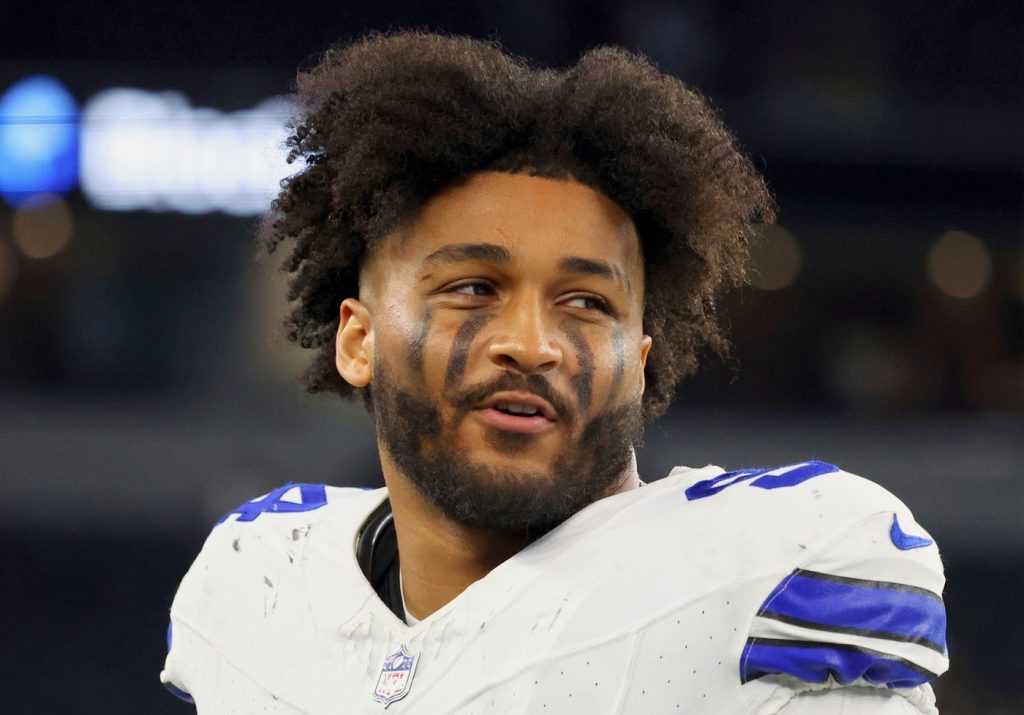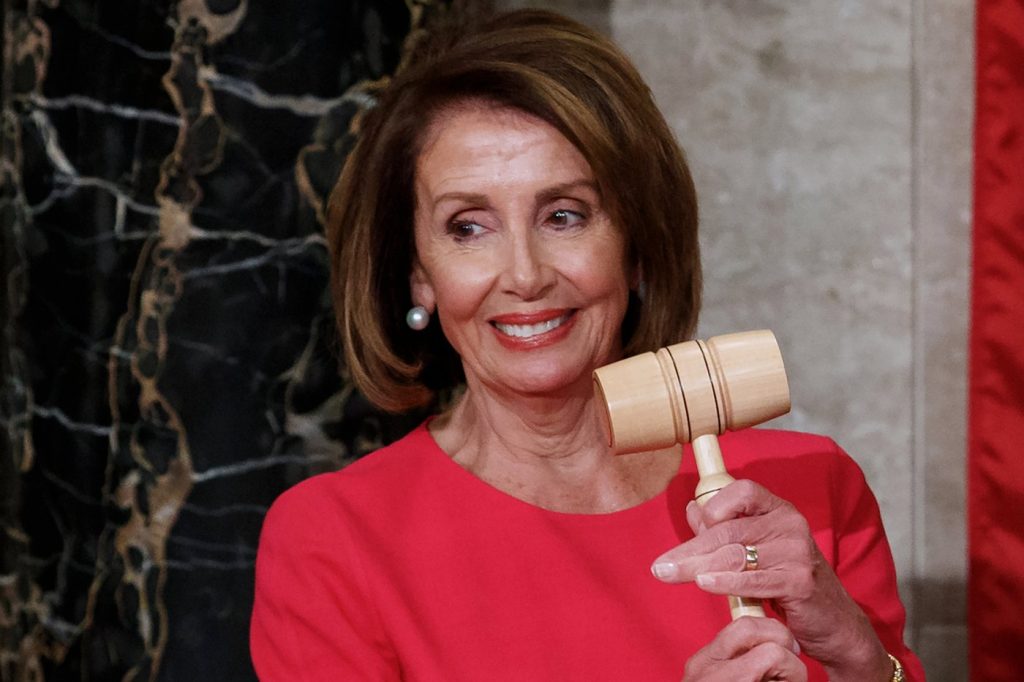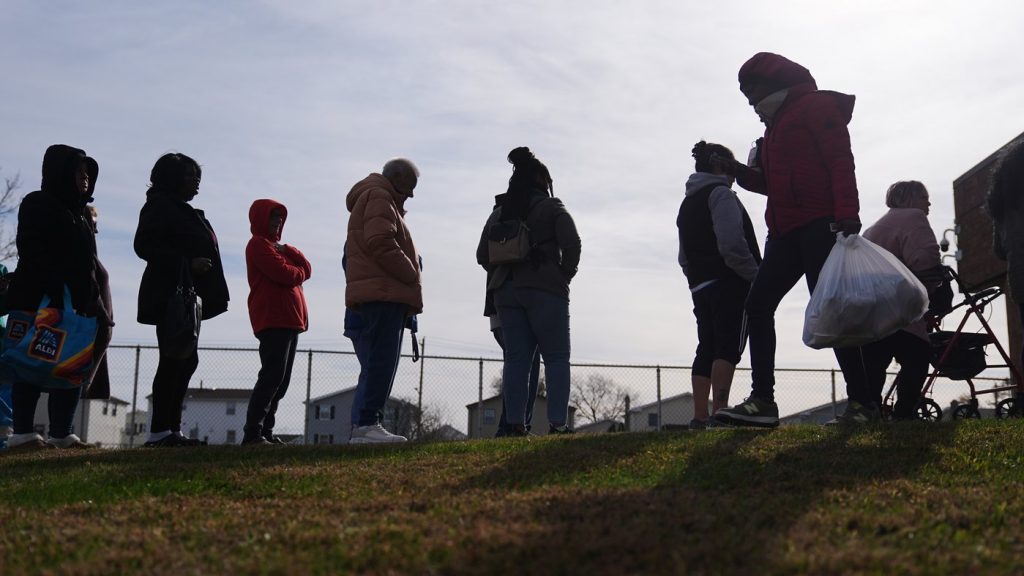The conversation around mental health has taken center stage in various sectors, including the NFL, especially following the tragic death of Dallas Cowboys defensive end Marshawn Kneeland. At the young age of 24, Kneeland's death has prompted renewed discussions about mental wellness and the importance of support systems in the wake of loss.
Kneeland was found dead from an apparent suicide after a series of troubling events, which included him evading authorities and sending a group text to friends signaling a farewell. This tragic occurrence highlights the pressing need for open conversations about mental health, particularly among athletes who face immense pressure.
The NFL has recognized the importance of mental health in recent years, implementing initiatives aimed at reducing stigma and providing players with the necessary resources. Since 2019, every team in the league has been required to have a licensed behavioral health clinician on staff, emphasizing the importance of mental well-being alongside physical health.
Green Bay Packers defensive end Micah Parsons discussed the impact of Kneeland's death, emphasizing that mental health is crucial, especially given the demanding nature of their jobs. He noted that sometimes people overlook the humanity of athletes, forgetting that they experience stress and hardships like anyone else.
The Indianapolis Colts have also made strides in addressing mental health through their "Kicking The Stigma" initiative. Founded in 2020 by the team's ownership family, this campaign aims to raise awareness about mental health disorders. Kalen Jackson has taken the helm following her father Jim Irsay's passing, sharing her personal experiences with anxiety to encourage others to seek help.
Numerous former and current players are also sharing their battles with mental health issues to bring awareness to this often-ignored subject. Brian Dawkins, a former Philadelphia Eagles star, spoke about his struggles with depression during his Hall of Fame induction in 2018. Dawkins, who overcame suicidal thoughts, is now an advocate for mental wellness, urging those in distress to recognize that there is hope.
However, the message that "it's OK to not be OK" does not always reach those in need. Cowboys quarterback Dak Prescott faced a similar tragedy when he lost his brother, Jace, to suicide in 2020. Similarly, Solomon Thomas of the 49ers has shared the profound impact of losing his sister, Ella, in 2018, expressing a deep sense of sadness and a longing for things to have been different.
Thomas reflected on Kneeland's passing on social media, expressing a desire for him to know the love and support that surrounded him. The emotional toll of this event has reverberated throughout the NFL, with many players feeling heartbroken over the loss of a teammate.
Veteran wide receiver Sterling Shepard of the Tampa Bay Buccaneers articulated the harsh reality that players face. While football is a beloved game fulfilling many childhood dreams, the real-life challenges that players navigate are often overlooked. He emphasized the need for players to be grateful and to check in on one another's mental health regularly.
As Parsons navigates the complexities of preparing for games while mourning a friend, he illustrates the close connections forged within the NFL. The league is not just a professional environment; it is a brotherhood formed through shared experiences, both on and off the field.
Kneeland had recently made headlines for scoring a touchdown after recovering a blocked punt, marking a potential turning point in his football career. Sadly, his life ended too soon, reinforcing the urgent call for mental health awareness and support within athletic communities and beyond.












